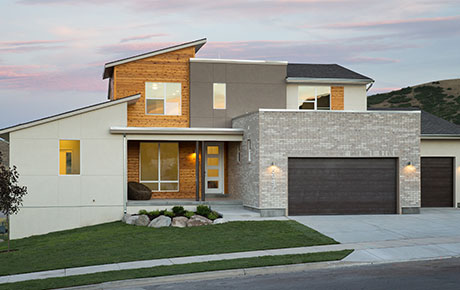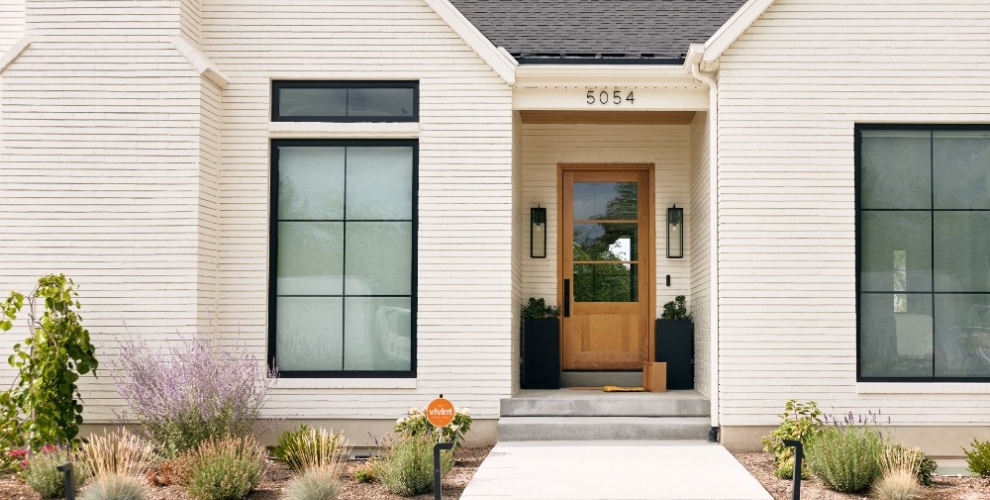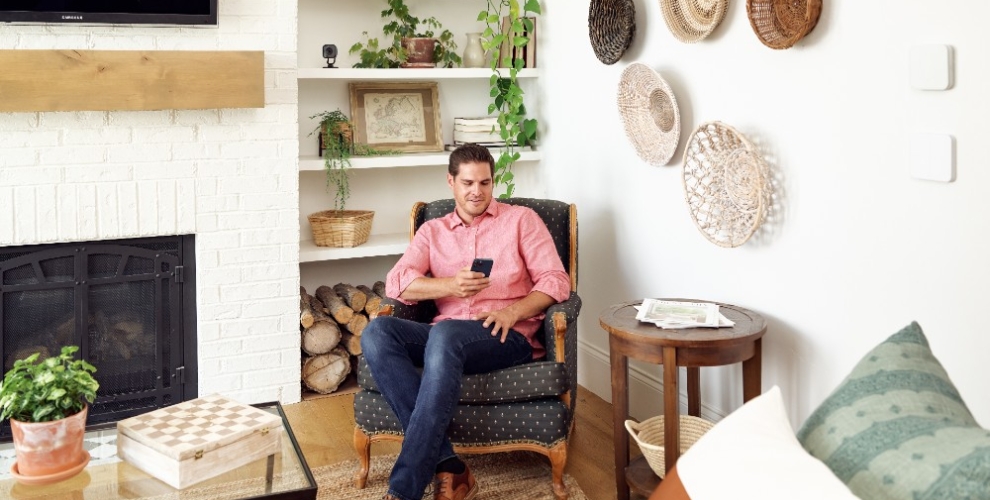
The word “philosophy” came from the ancient Greek word philosophia, which means “friend of wisdom” or “love of wisdom.” Choosing to create an energy-efficient home is indeed wise. It has many benefits, such as lower utility bills and improved indoor air quality. The term energy efficient is commonly used these days as people grow more interested in ways to conserve resources. If you are thinking of upgrading your home, here are some essential concepts to keep in mind.
Environment
An energy-efficient home must always consider its surroundings. The local area, climate, and topography will affect the design or renovation. How big is the roof? How old is the roof? Is the house shaded in the south, or does it get uninterrupted sunlight? Will the home be renovated for a large family with many children? Perhaps it is for a mature couple looking to retire and create a quiet, cost-effective cottage. These factors will determine the course of action so the next step can be taken.
Anatomy
When converting to or building an energy-efficient home, it is important to think about the factors that determine a durable, high-quality residence. Appliances, type of lighting, and heating and cooling systems are all key elements. Many industries have come a long way in developing products that are both eco-friendly and energy efficient. Using non-toxic materials like solvent-free paint will reduce indoor and outdoor air pollution. In turn, this will minimize allergens and chemical sensitivities. Consider switching to a fiberglass or paperless drywall, which can lower exposure to mold and mildew.
Renewable Energy
Converting to solar power is extremely effective, and with Vivint’s affordable solar energy solutions, it is now possible for many families. They will even monitor and maintain the system, making it easy as well. Any energy-efficient home should have a measurement system, like a net meter, to gauge energy consumption and track any savings over time. Solar power is sustainable and provides families with a certain level of independence that traditional power has been unable to do. This will contribute to a sustainable future for the next generations.
Urban Organism
An energy-efficient home is different from the everyday mass-produced home. It is constructed of materials that have been symbiotically designed to conserve the amount of energy used to operate a household. Vivint Solarcan transform a house into something akin to a living organism. Solar panels work like a plant feeding off the sun, but instead of photosynthesis, it converts the sun’s rays into electricity. The system then uses that stored electricity to run appliances and heat or cool a home.
Conservation
The basic principle is simple. Think smart and use the least amount of resources to build, design, and run a home. Whether renovating an existing house or taking on a new build, it is important to recycle as many materials as possible, think long-term, and maximize the accumulated energy. Doing so will not only reduce a home’s environmental impact but also save money.


